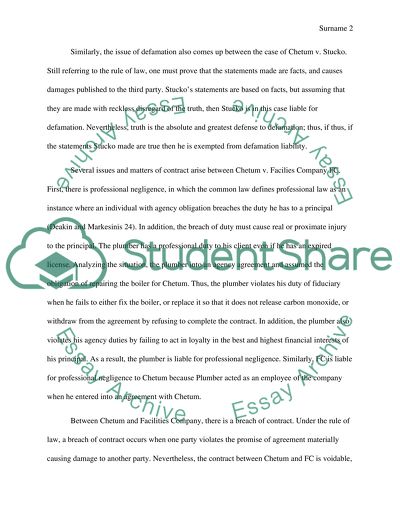Cite this document
(“Business Law/ Case Study Essay Example | Topics and Well Written Essays - 2000 words”, n.d.)
Retrieved from https://studentshare.org/law/1495654-business-law-case-study
Retrieved from https://studentshare.org/law/1495654-business-law-case-study
(Business Law/ Case Study Essay Example | Topics and Well Written Essays - 2000 Words)
https://studentshare.org/law/1495654-business-law-case-study.
https://studentshare.org/law/1495654-business-law-case-study.
“Business Law/ Case Study Essay Example | Topics and Well Written Essays - 2000 Words”, n.d. https://studentshare.org/law/1495654-business-law-case-study.


